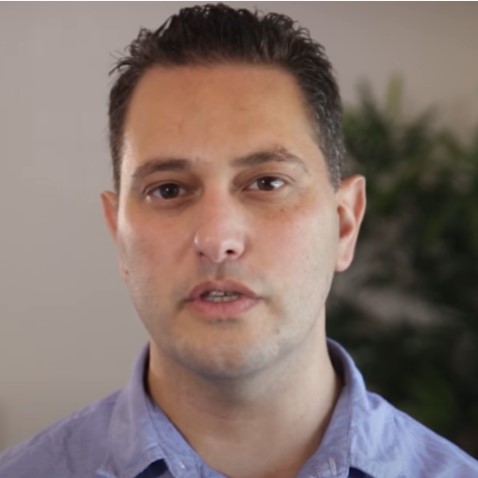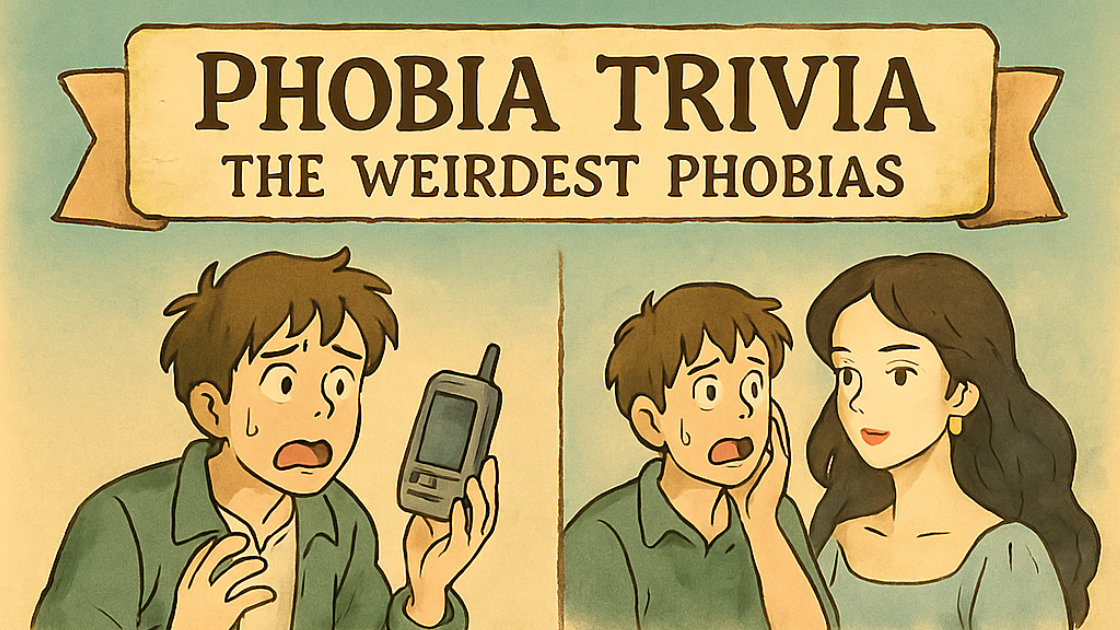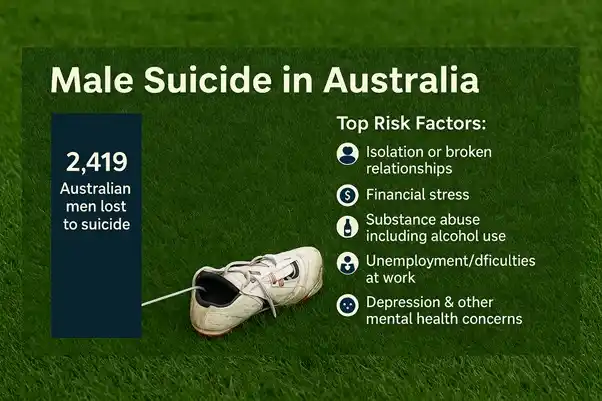Hypnotherapy For Children
Life is a journey of learning. And it is more so in the rapidly unfolding and very intense years of childhood, when most of the knowledge we use as adults is gained. Learning to walk, run, draw, write and count and many other abilities, together with mastering our own feelings and emotions and using them all in our social encounters as adults, are continually practiced since childhood.
Unfortunately, some of – if not all – our fears have also been with us since our childhood. The fear of dark, blood or needles, heights, insects, animals, water, the fear of abandonment, or – arguably one of the most debilitating one – the fear of not being able to satisfactorily negotiate the sophisticated social relations, might have their roots in the early years of our lives.
Fortunately, some of these fears will allow us to have a reasonably agreeable life provided that, now and then, we make the necessary adjustments to cater for them.
Unfortunately, if untreated, most of these fears may have the potential to force us into a not quite satisfactory life, when many things we want and are entitled to, may simply be out of reach.
It is comforting to notice that many parents are aware of the potentially negative impacts of these fears onto their children’s future. Diligently and patiently they have tried most of the strategies they know, with good results at times. Explaining and even reasoning along with the child that the ugly monster from the computer game actually “goes to sleep” when the computer is turned off has worked in some instances. In those cases the healthy reason that the monsters do not hover around in the dark has been accepted (for how long, though?!).
And as a parent you are pleased to discover that those nights are the ones when the nightmares do not creep in. Taking the children to the Zoo and patting its residents until the children themselves touch the animals has also proved to be successful in alleviating their fears of dogs, cats or guinea pigs. Although the strategy itself might be costly if it doesn’t work at the first attempt or if you have a large family, its success pushes your self-esteem up to the sky – something finally worked after what it seemed to be a life-long battle, when the only strategies you could apply were just “this little dog is friendly” or “it only barks, it does not bite”.
Unfortunately, a solution is not within reach all the time. How to make the kids not to be afraid of water when they don’t even want to walk into the pool?! Or how to make them accept the needles when they don’t even think of going back to the GP? At other times, our own frustration may be in the way of seeing the right solution, as it is often the case with children who suddenly and stubbornly refuse to go back to school with no explanation at all. In those cases parents often find themselves powerless, unable to reason the right way out, not capable to even find the right explanation for the behaviour of their children.
Indeed, in many cases there is no explanation at all, or the explanation is not one which we, as adults, can understand anyway. The children themselves may not be able to verbalise what they are afraid of or, as it is too often the case, may be simply unprepared to drop their fears at the logic of adult’s explanations.
It may seem logical to adults that monsters “really go to sleep at night”, but not when you, a little child, are left all alone in a dark room with silence being your only companion. It may sound sensible to the mother that “all the children at the school are friendly”, but not to you after you’ve been teased or abruptly told “we don’t want to play with you!”. It may be the father’s strategy to say “you’ve got to stand up for yourself!” but that may be out of grasp when there are three bullies you need to confront all alone.
All these examples bring us to the theme of this article, which is: how to solve a problem your child has, without “reasoning it out”? How to solve a problem to which the only explanation you have is “there is no explanation!”? How to help our children be less fearful, more brave, more outgoing and trouble-free without having to adopt the “fix it all”, “get to the point”, “what’s the matter?” or ”drop your fears” adult type of reasoning?
In most cases, the answer to these questions (and to many others, not even mentioned here) is through hypnosis – the gentle approach which helps the children themselves find the solutions to their own problems. At times we may not even understand their solutions or we may not be able to explain how it all works. But does it really matter? Does it really matter that we do not understand how the nightmares cease after the child discovers that “the pink monster was tamed and together we befriended the black one”’? Does it really matter that we cannot explain how after “Lolly, my dolly, was shown how to have an injection”’, the child goes back to the GP for a check up? Does it really matter that our adult, logical mind cannot fully comprehend how after playing with a white, fluffy dog in their imagination the children now want a dog “exactly like Spotty, the grandma’s dog”, of which they used to be terrified of?
Of course, these are questions to which our adult minds want to find the answers, too. Not because the answers per se are important, but because we, as the parents of our children, are curious too. And that is fine. At least we are not afraid.
If you want us to help your children find solutions to their unique problems, give us a call at Bayside Psychotherapy. It is important that their – now, little – fears would not be allowed to become bigger and unbearable fears later.
Gabriel Rusu is a Counsellor, Psychotherapist and Hypnotherapist with broad experience in using hypnotherapy for children. Call (03) 9557 9113 to book a session for your child.
Here are a couple of blogs written on this topic you might find useful:
What Are Australians Most Afraid Of? N...
From snakes and spiders to needles and ghosts, fear takes many forms. But what do Australians fear most in 2025? To find out, we turned to one of the.
Is It Time For The AFL To Cast A Menta...
At Bayside Psychotherapy we are passionate about mental health and like many fellow Melbournians, many on our team are avid AFL fans. So when two of our.
Exploring Emerging Therapies: Understa...
At Mind Medicine Australia, we are dedicated to transforming the trea.
The Balance of Power in Romantic Relat...
Why do some relationships thrive while others feel like a constant tug-of-war? Power dynamics lie at the heart of this balance.











